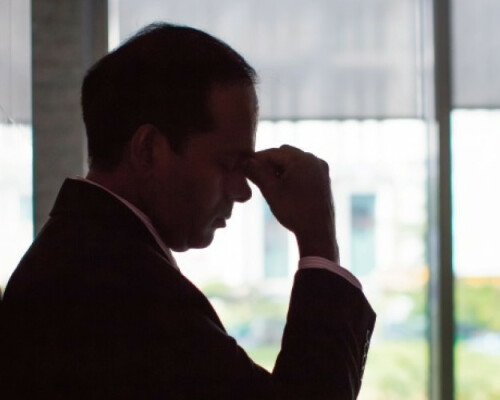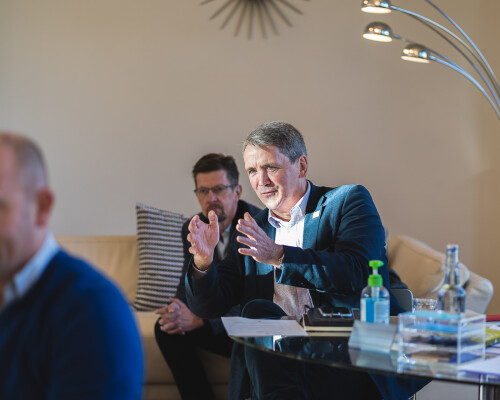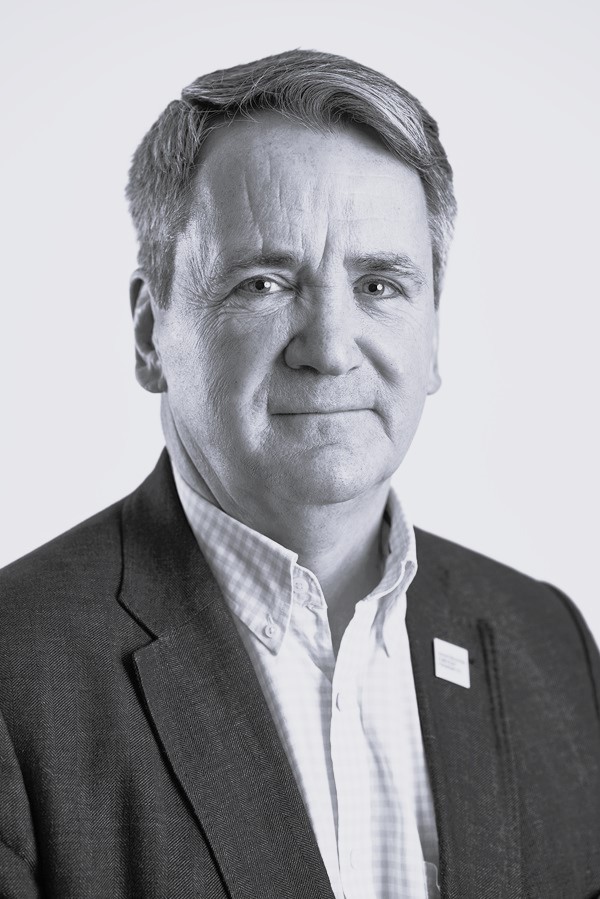Many business leaders admit to suffering from what they call Impostor Syndrome – that behavioural health phenomenon described as self-doubt of one’s intellect, skills or accomplishments which undermines their confidence and self-belief. There is almost a constant fear that they might be exposed as a fraud or ‘found out’; that they don’t merit their place in the most senior echelons of their organisation and so they strive ever harder to demonstrate their worth.
As an Executive Coach, I have encountered this many times with my clients, sometimes to the extent that the toll it takes goes beyond mental pressure, and manifests itself in physiological symptoms, for example lack of sleep or a hollowness in the gut, such is its effect.
The origin of Impostor Syndrome
The terminology Impostor Phenomenon was first coined back in 1978 by two researchers who investigated this by studying a group of high achieving women. Pauline Clance and Suzanne Imes described what they found as “an internal experience of intellectual phoniness” in these women. These high achievers attributed their success to luck or good fortune rather than any acknowledgement of their own capabilities. Yet the women they studied were leaders in their fields and received regular and frequent validation of their ability from a host of external parties. They were in denial.
But should we really describe this as a Syndrome? Doesn’t this imply that there is some medical condition that needs to be cured?
Merriam Webster define Syndrome as follows: “The meaning of ‘syndrome’ is a group of signs and symptoms that occur together and characterise a particular abnormality or condition, or, a set of concurrent things (such as emotions or actions) that usually form an identifiable pattern.”
Perhaps given the physiological impact of the condition, syndrome is the right word to use, but the reality is that almost every senior executive I have met has some feelings of self-doubt or misgivings about their place, at some point in their working life. Even the most successful CEOs and CFOs of large FTSE-100 businesses have confessed to feeling a fraud or being worried about being ‘found out’ at some point in their illustrious careers. So, it is time to rename the condition? Should we not call it Impostor Feeling instead, given its ubiquitous presence in Boardrooms?
Impostor Feeling in women and men
Clance and Imes focused their work on high achieving women, yet the feeling is not the exclusive domain of women. Many men experience Impostor Feeling too – to a greater or lesser extent.
The School for CEOs research in 2019 used both the tool developed by Clance and Imes (The Clance IP Scale), along with structured interviews of those who experienced if frequently and, less frequently, to try and understand Impostor Feeling more fully in both genders, as well as the impact of age, and some of the conclusions were enlightening.
As well as feelings of anxiety, isolation and exhaustion, both men and women who experienced Impostor Feeling frequently had a sense that they ‘weren’t good enough’, that they ‘shouldn’t be in that role’ or that they ‘were going to get caught out’. Other characteristics of the feeling were that they lacked authenticity and confidence, or that they had to be perfectionists – self-doubt was always present.
The research also looked at individuals who experienced Impostor Feeling less frequently – again, in both men and women. These individuals were more certain that their success was due to hard work and resilience; self-confidence and a willingness to take risks – they were less afraid of failure or making the wrong decision and were more adept at reframing failure as an opportunity to learn from, rather than something that might be career ending.
Most interestingly were the activities that those who experienced Impostor Feeling less frequently participated in, to help them ‘cope’ with any erosion of their confidence. They had strong support networks which they were able to rely on and dip into for support; they spent time on self-reflection (yet not so much that it became destructive) and they worked on building their self-confidence rather than allowing it to erode. All good, straightforward stuff you might imagine, but harder to put into practice if you don’t feel that you have ‘earned your place’.
And in very simplistic terms, that is the essence of dealing with this feeling – practicing ways to cope with Impostor Feeling and accepting it for what it is – a feeling, not a medical condition.
Coping with Impostor Feeling
The good news is that the older you get, the less you experience Impostor Feeling, but waiting for it to diminish over time is not a great coping strategy! The School for CEOs research concluded that there were three key elements in those who experienced Impostor Feeling less than others:
- Accept who you are and be resourceful to be your best self. By normalising Impostor Feeling you can train your thought processes and begin to influence the way you are affected by these feelings
- Build strong networks, founded on trust. By talking to others, you can reduce any feeling of isolation as well as understanding that these feelings are not unique to you
- Learn to reframe how you perceive others, and different experiences. You can choose how you think about any situation you come across, and consequently the way you feel about that experience – the choice is yours if you make it so.
Working with an Executive Coach is a great way to learn how to do this effectively and to help cope with any symptoms of Impostor Syndrome, or Impostor Feeling – however you label it.
To find out more about Executive Coaching with the School for CEOs, click here




